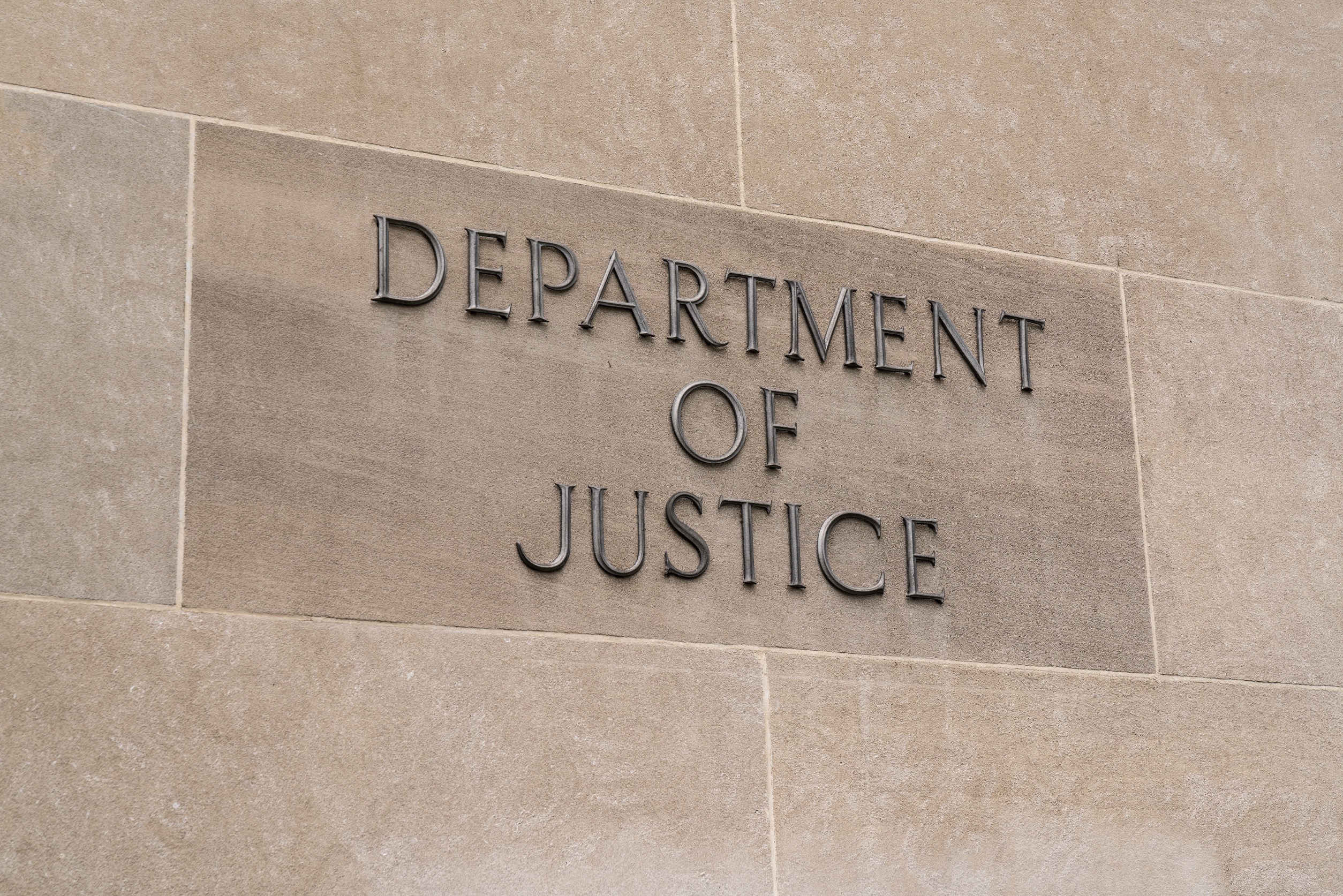The United States Department of Justice (DOJ) issued a new voluntary self-disclosure policy for all U.S. attorney’s offices on February 22, 2023. This new policy is effective immediately, and it establishes a nationwide standard for companies to voluntarily self-disclose misconduct to any of the 94 U.S. attorney’s offices in the country. Prior to the authorization of self-reporting corporate misconduct to a local U.S. attorney, these disclosures were only permitted to be provided to the DOJ (“Main Justice”) in Washington, D.C. It is understood that this new protocol will likely compel self-reporting because companies may be more willing to report misconduct to their local U.S. attorney rather than to Main Justice in Washington D.C. The policy follows the DOJ’s “Monaco memo” from September 2022, in which Deputy Attorney General, Lisa O. Monaco, announced department-wide clarifications for corporate cooperation and self-disclosure.
What Is Voluntary Self-Disclosure for Companies?
The DOJ permits and encourages companies to voluntarily disclose corporate misconduct, which can include unlawful behavior by executives, such as fraud or corruption. However, it is important to note that such disclosure must be voluntary. Voluntary disclosures do not include those in which there is a pre-existing obligation to disclose, such as pursuant to regulation or a prior agreement with the government.
What Changes Are Made in the DOJ’s New Policy?
First, voluntary self-disclosures must be made in a timely manner to the DOJ. This means that a company must self-disclose prior to an imminent threat of the misconduct being divulged or the beginning of a government investigation. Self-disclosure by a company must also occur before the misconduct is either made known to the public or to the government. The burden to prove the timeliness of the disclosure falls on the company.
Additionally, for companies that meet the criteria of the policy, fully cooperate with the DOJ, and enact appropriate remediation measures, the U.S. attorney’s office will not pursue a guilty plea. Other possible benefits to companies that self-disclose misconduct are the options of deferred prosecution agreements (“DPAs”) and non-prosecution agreements (“NPAs”).
What Are DPAs and NPAs?
A DPA and an NPA can be best explained with an example. Picture a company that committed bribery in a foreign country, the misconduct was discovered and investigated, and the company implemented a strong compliance program to ensure that this does not happen again. However, the company’s remediation actions do not extinguish the fact that the misconduct still occurred, and the company generated a large amount of money from the misconduct.
In a DPA, the company would publicly admit to the facts that they committed bribery, but they would normally not be required to serve a criminal charge if they promise to have a government official come in to monitor and report any further misconduct to the DOJ. If the company commits misconduct again within a certain period of time, they will be prosecuted. Thus, the prosecution is “deferred.”
It is important to note that under the new DOJ policy, monitors are not required for self-disclosing companies that cooperate, remediate, and show that they have enacted and tested an effective compliance program.
In contrast from a DPA, under an NPA, if the company that committed the misconduct cooperates extraordinarily with the government, an agreement is reached where the government will not prosecute the company at all.
Nevertheless, not all self-disclosing companies will be eligible for these types of benefits under the new policy. The U.S. attorney’s office can still pursue a guilty plea in a few different scenarios. These include when the misconduct (1) creates a serious threat to national security, public health, or the environment; (2) is rampant throughout the company; or (3) involves current company executives.
What Other Benefits Are Available for Voluntarily Self-Disclosing Corporate Misconduct?
If the U.S. attorney’s office determines that a guilty plea is required, a self-disclosing corporation may be eligible for reductions in fines from 50% to 75%. This could result in millions (or billions) of dollars in savings for a company.
However, companies still face risks in premature disclosure to the U.S. attorney’s office. These can include unnecessary investigation costs as well as negative publicity for actions that ultimately may not warrant an investigation.








